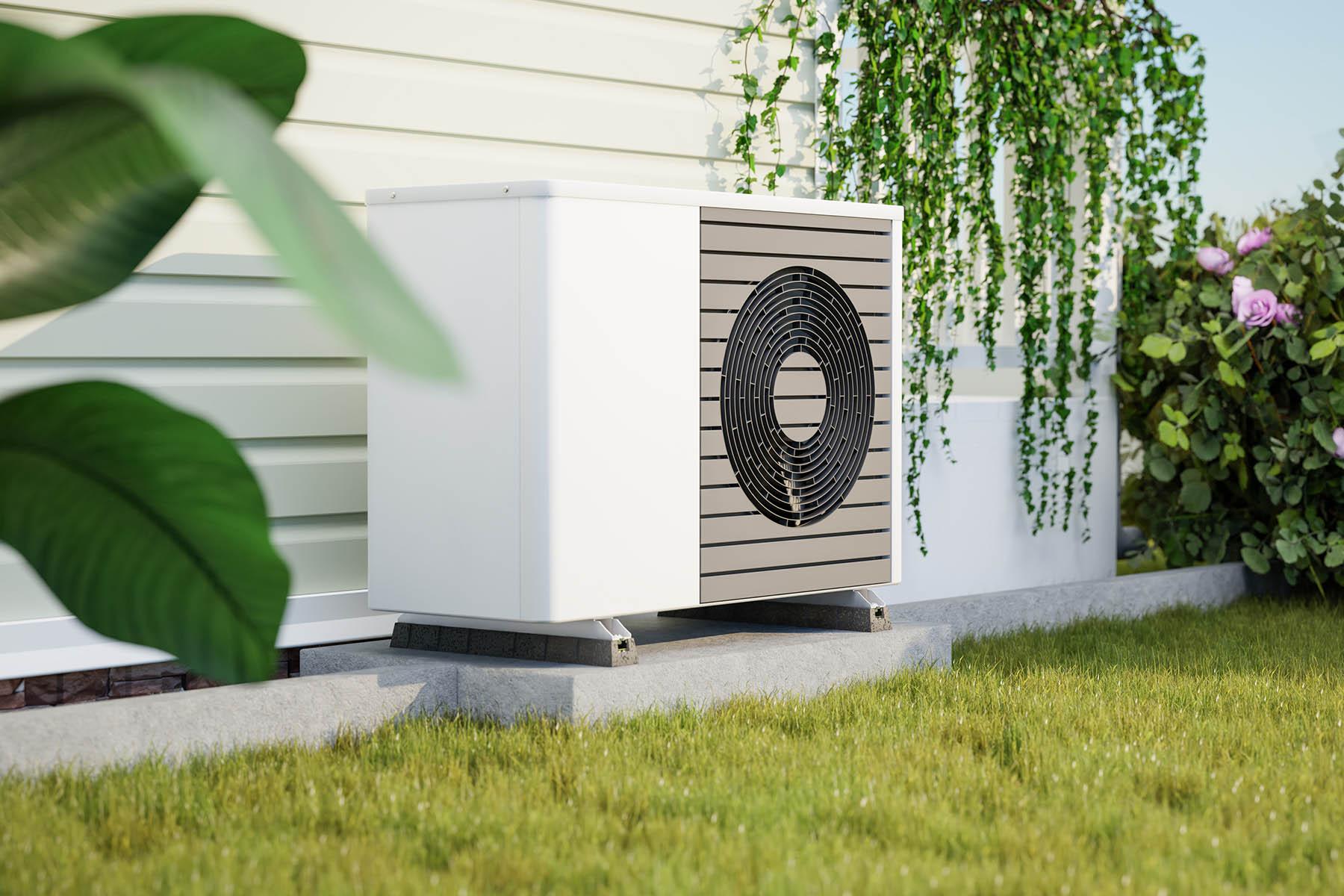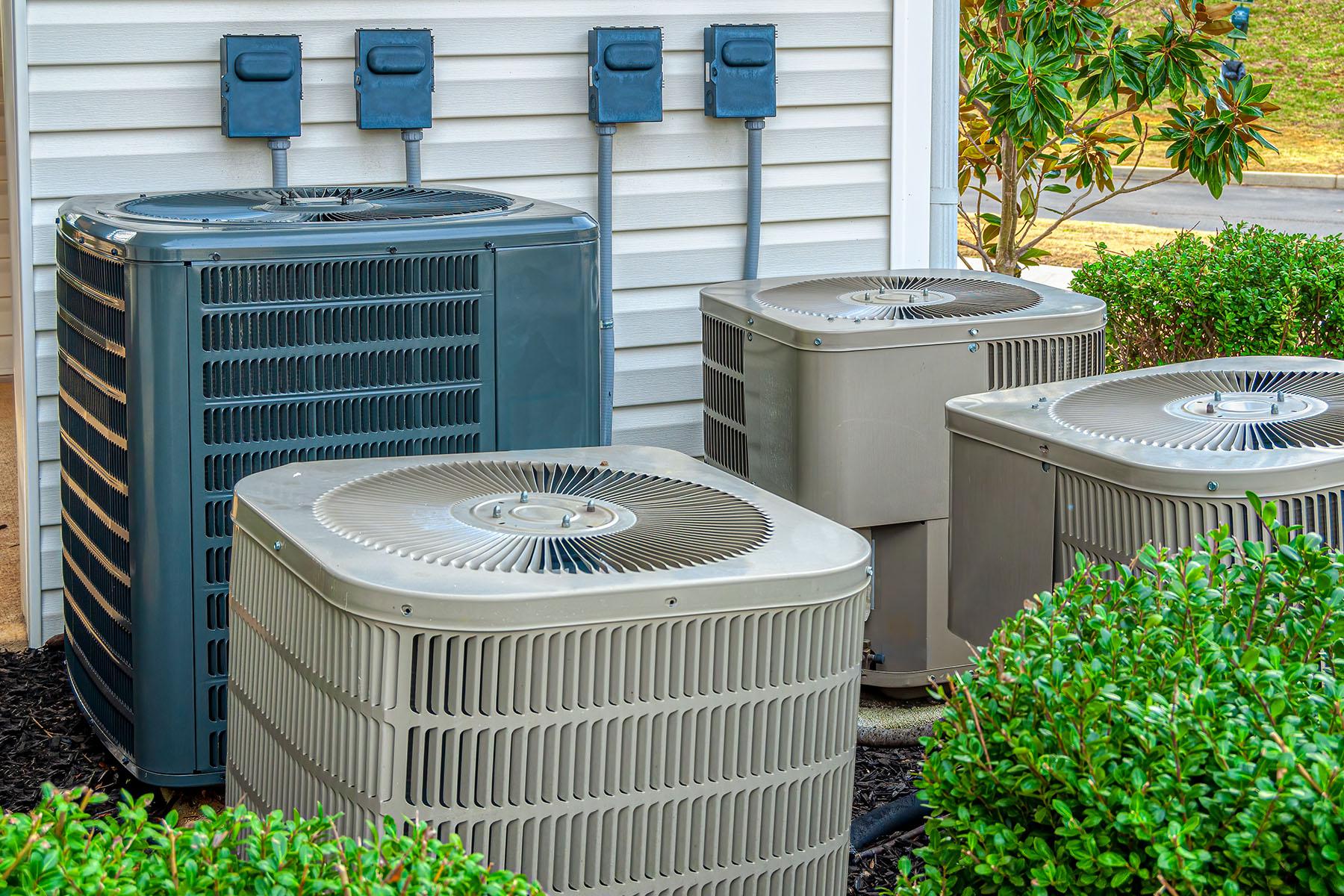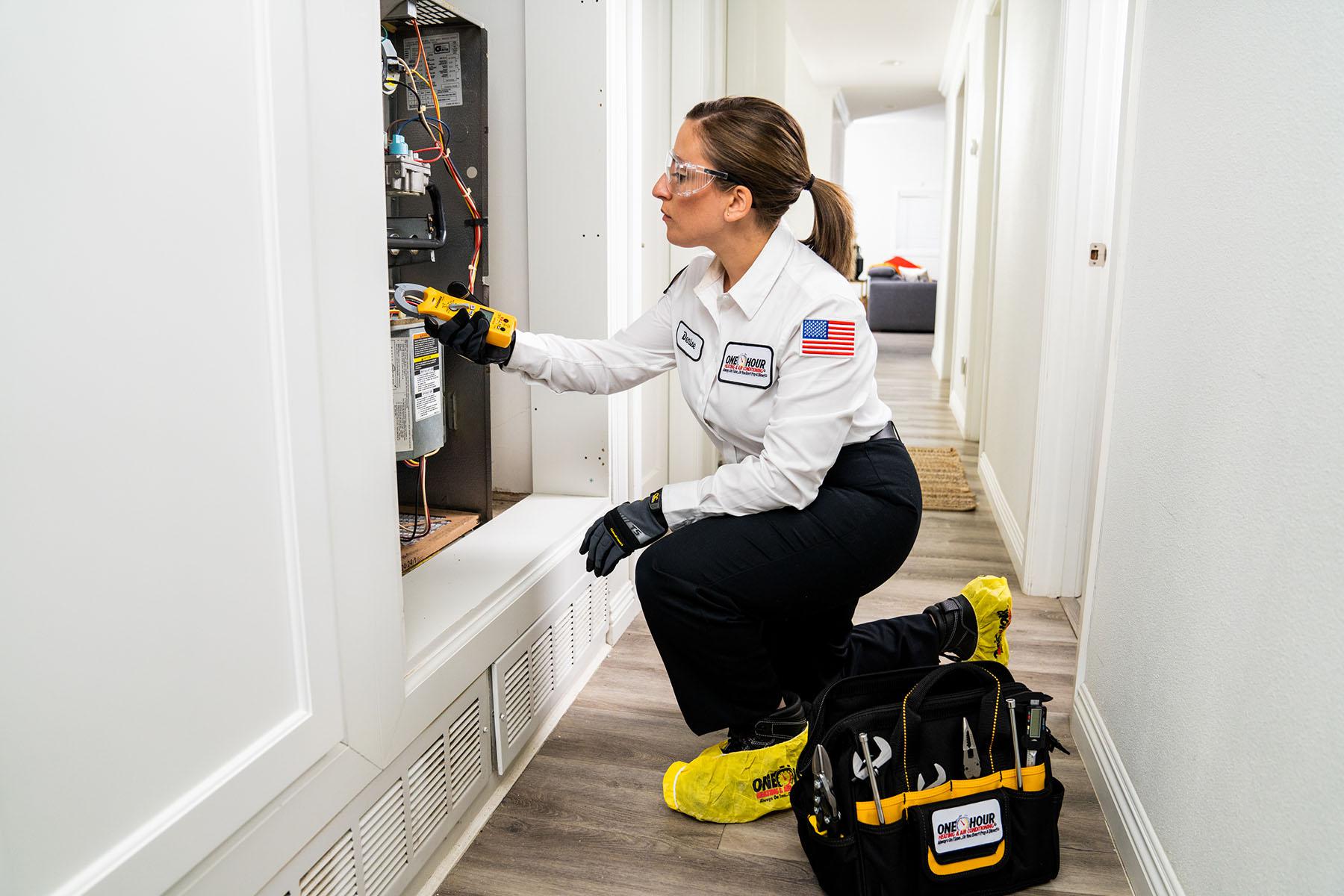Maximizing HVAC Efficiency: Tips for Enhanced Performance
HVAC and other home comfort systems tend to be out of sight and out of mind for many homeowners – we don’t necessarily think about them until we notice a problem with the unit. Unfortunately, because these problems tend to develop over time, your HVAC unit could be running inefficiently for months before it becomes apparent that something is wrong. This can lead to inconsistent temperatures in your home and poor air quality, but it can also drive up the cost of your energy bills.
HVAC units are one of the largest sources of energy consumption in most people’s homes, so they can have a huge impact on savings. The more efficiently your unit is running, the more dollars you can knock off your utility bill each month. Here is everything you need to know about maintaining your HVAC unit to keep it running at maximum efficiency.
Key Factors of HVAC Efficiency:

Quality of Installation
Properly installing a home’s HVAC system is critical to the system’s longevity and your satisfaction with its performance. It can be tempting to save on the upfront costs by choosing a less reputable contractor or even installing the unit yourself, but this can lead to improper installation and costly repairs further down the line. Common problems with improper installation include inadequate airflow, frequent breakdowns, and a shortened lifespan – all of which will decrease the efficiency of your unit.
System Size and Design
The size of your HVAC system should complement your home. An oversized or undersized unit will not only be inefficient, but can also cause significant problems including uneven temperature distribution and higher energy costs.
Regular Maintenance
Your HVAC system needs to be consistently maintained so you can address any issues before they become a bigger problem. Neglecting your system can lead to reduced airflow, high energy consumption, and, ultimately, system failure. Proper HVAC maintenance includes cleaning filters, coils, and ducts, as well as thoroughly inspecting each component of the system to address potential problems including typical wear and tear or more significant damage.
Thermostat Settings
The efficiency of your HVAC system will be influenced by how it is used, particularly with the settings on your thermostat. In regions like Chattanooga, where our temperatures fluctuate between extremes, it can be tempting to constantly adjust temperatures. However, setting temperatures that are too high or too low can result in unnecessary energy consumption and higher energy bills. You can optimize your energy efficiency by using a smart thermostat or a programmable thermostat that can automatically adjust the home’s temperature throughout the day. This keeps you and your family comfortable while you’re in the house and can save you some money when you’re out.
Age of the HVAC System
As with all technology, modern systems are more efficient than older ones. If your home’s HVAC unit is on the older side, you may notice that it struggles to properly regulate the temperature in your home, or there may be some rooms that don’t seem to get enough air. In this case, upgrading to a new HVAC unit can make a big difference in both your air quality and your energy consumption. If you have the budget to upgrade to a newer HVAC system model, we highly recommend taking this action as it will lower your utility bill in the long run.
DIY Solutions for HVAC Efficiency

It’s best to leave complex issues to the professionals, but there are several things you can do to increase your HVAC’s efficiency.
- Routine Cleaning: Simple tasks like replacing air filters, cleaning vents, and clearing debris like sticks and leaves from your outdoor unit should be done regularly to avoid issues with performance. These small tasks can not only improve the air quality in your home, but also increase your system’s efficiency.
- Routine Checks: Adding a quick check of your HVAC system to your monthly household chores can help you identify issues with the unit earlier, allowing you to address them with a professional before they become an emergency. Check the airflow throughout your home and make note of any issues, then check each component of the unit for signs of damage, rust, or loosening connections.
- Basic Troubleshooting: If you take the time to learn how to identify common issues like optimizing your thermostat setting or resetting the circuit breaker, you can often resolve minor problems without calling for a professional.
Professional Solutions for HVAC Efficiency

There will be times when maintaining and caring for your HVAC system is beyond the realm of DIY possibilities. Knowing when to bring in a professional is an important factor in keeping your system at maximum efficiency.
- Annual Inspections: On top of regular DIY checks and maintenance, keeping a regular inspection schedule with a trusted HVAC professional is important for maintaining the efficiency of your unit. A professional HVAC maintenance technician will provide a thorough check of your entire system to ensure your family’s safety and comfort.
- Repairs/Replacements: If you’ve noticed your HVAC system malfunctioning or making strange noises, it’s time to call a professional. Attempting complex repair jobs without the proper experience can lead to even more damage to your system, which can cost you more money and comfort in the long run.
- Upgrades/Installations: When the time comes to replace your old HVAC system, having the help of a professional is always better than taking a DIY approach. A professional technician will advise you on the appropriate size and type of system for your home to maximize efficiency, and a professional installation ensures that all safety standards are met.
Maximizing Comfort and Efficiency with Your HVAC System
A well-maintained and properly installed HVAC system is crucial for saving money and keeping your home as comfortable and safe as possible. Balancing a DIY routine with professional expertise for more complex jobs can increase the longevity of your system and help it stay at peak performance for as long as possible.
Ready to improve your HVAC unit’s efficiency? Schedule Service or give us a call at (423) 621-4060
